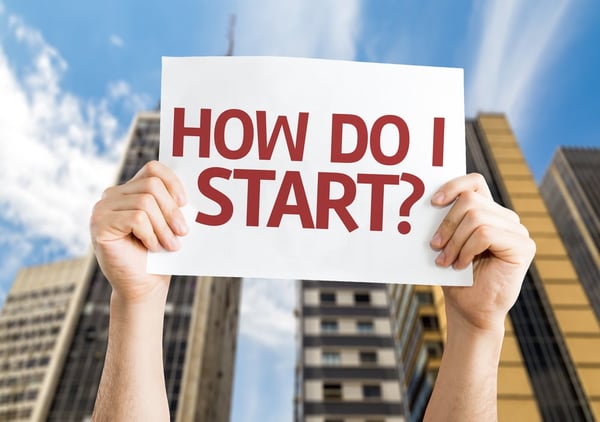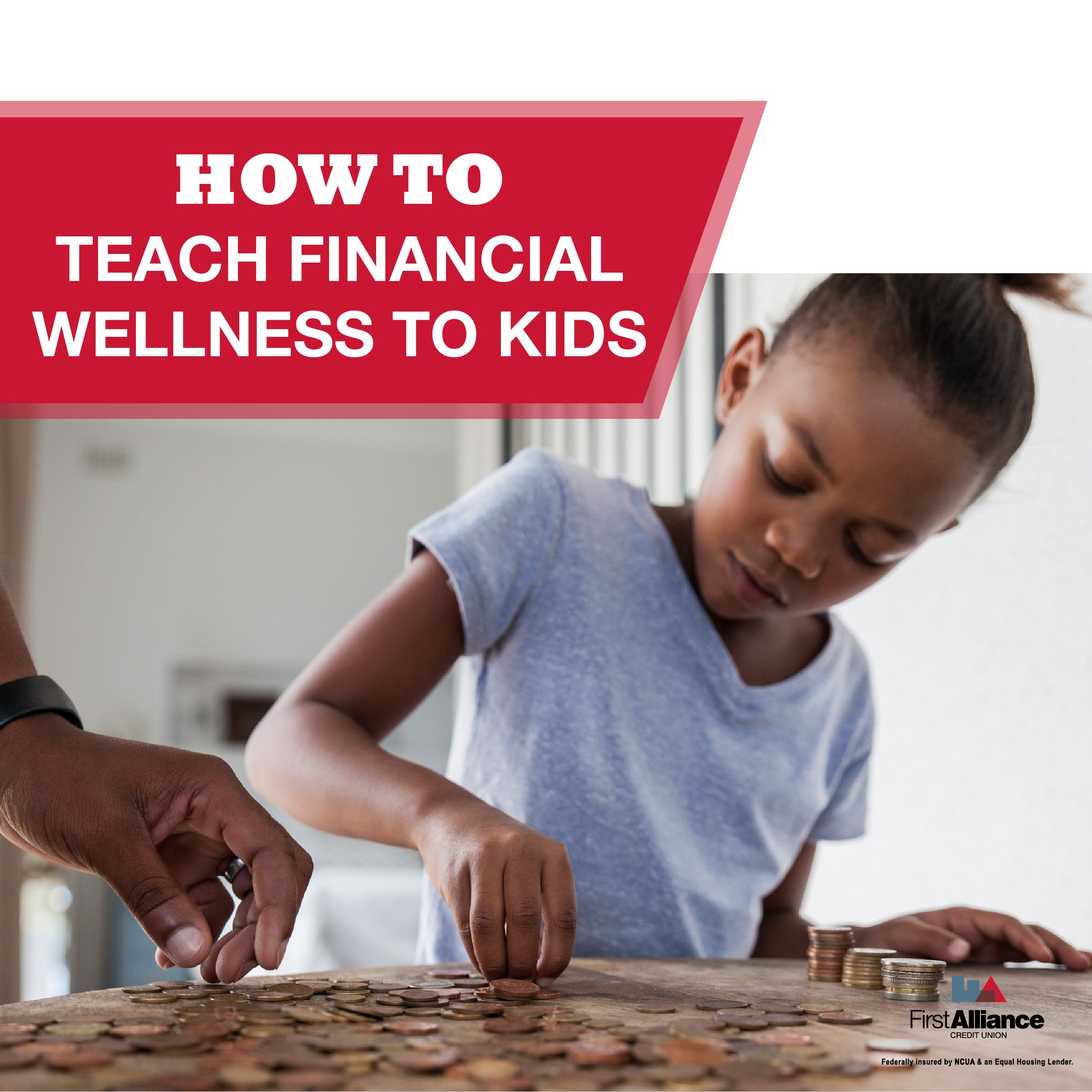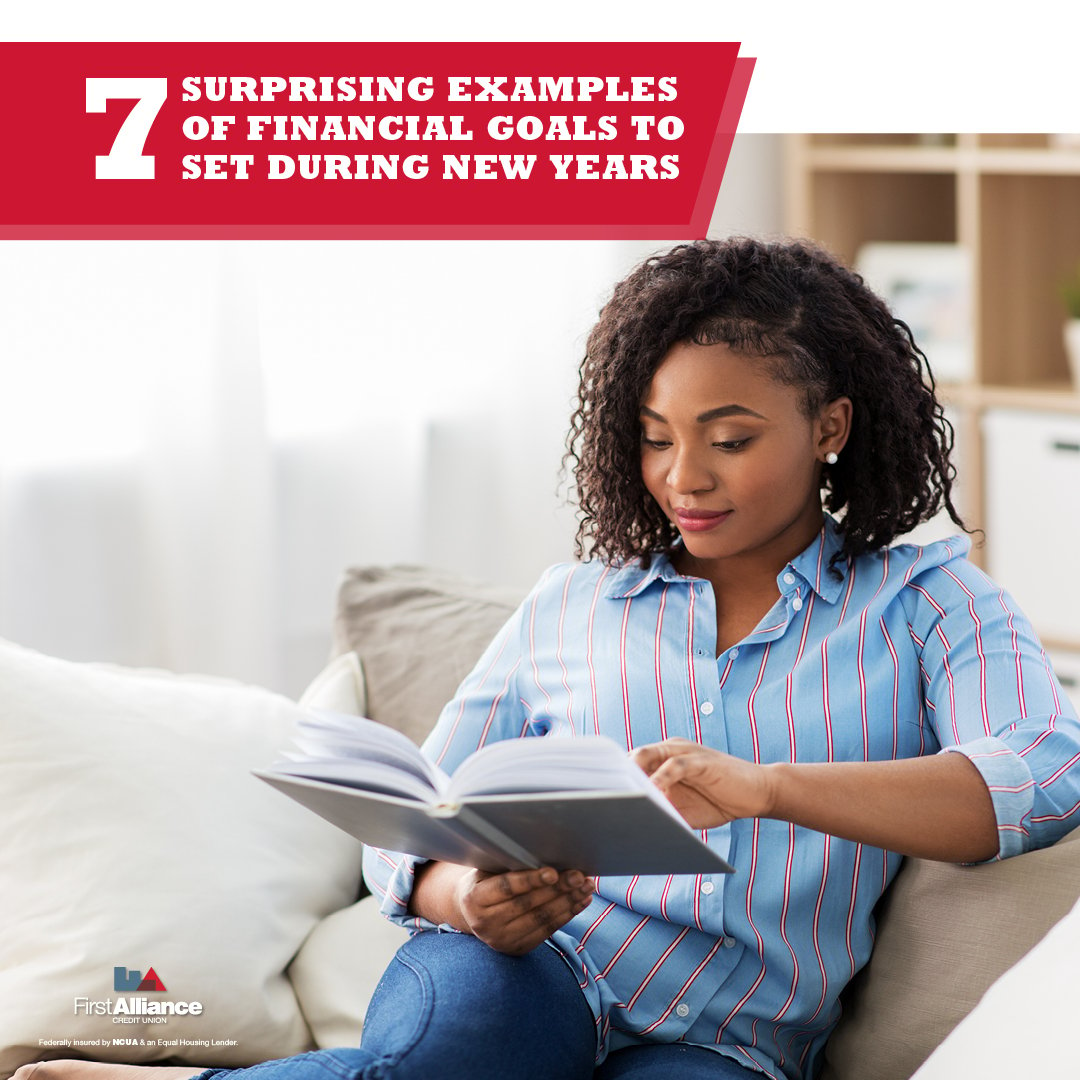Financial Wellness for Kids
Practical money management skills learned at an early age can have a lasting impact on the rest of your child’s life. In fact, this is one of the...
2 min read
![]() First Alliance Credit Union
:
Feb 14, 2019 5:36:00 AM
First Alliance Credit Union
:
Feb 14, 2019 5:36:00 AM

With Valentine's Day right around the corner, love is in the air! It's a time when people celebrate the special relationships in their lives by giving gifts or sentimental gestures to make their significant other feel loved and appreciated. But among all the romantic dinners, chocolates and roses, there's a very important relationship that often goes uncelebrated-your relationship with yourself.
Otherwise known as self-care, this commitment to your personal needs can help to deal with the stresses encountered in our daily lives by restoring balance and improving overall wellness. Self-Care goes beyond our physical, emotional, social and spiritual needs-includes our financial needs too.
Financial self-care means taking the time to focus on your finances and create healthier money habits that lead to greater financial health and overall well-being.

So, this Valentine's Day, make a commitment to show yourself some love and give your financial wellness the attention it deserves. Get started with these four steps from our partners at GreenPath Financial Wellness for achieving greater financial health and overall well-being.
Spend some time evaluating how you feel about money. What are the first three words that come to mind when you think of the word "money?" Consider why these pop up. Often, our financial beliefs and behaviors are tied to how our parents and caregivers felt about and managed their money while we were growing up. Recognizing these connections is the first step in developing new financial habits.
Write down all of your income, expenses, debts and savings. If you already feel anxious about your finances, this can be a scary exercise. Unfortunately, avoiding it won't make it go away and can make your situation worse. Having a full view of your financial picture can help you see areas for improving and make a plan for moving forward.
Using what you've learned about your personal financial habits, take a look at your expenses. Are they leftovers of old habits? Leave behind expenses that don't line up with our goals. For example, if you want to pay off debt, see if you can trim expenses from things like cable TV, subscriptions, or restaurants and bars, so you can spend more on paying off your debt. The goal is to focus your spending on the things that are most important to taking good care of yourself.
Now that you know the why behind your spending and have narrowed down your necessary expenses, the last step is to develop a spending plan. A spending plan allows you to prioritize your spending ahead of time based on your values and long-term goals so that you can make sure you have the most important items covered first.
Practicing financial self-care is an ongoing process. Make it a habit to dedicate time throughout your week to work on it. Just like exercising, the more you practice, the easier it gets!

Practical money management skills learned at an early age can have a lasting impact on the rest of your child’s life. In fact, this is one of the...

One of the most important and fundamental habits for financial wellness is budgeting. By making budgeting a habit now, you will see lots of benefits...

If your New Year's resolutions involve money, you're not alone. According to one report, nearly half of Americans are making finance-related...